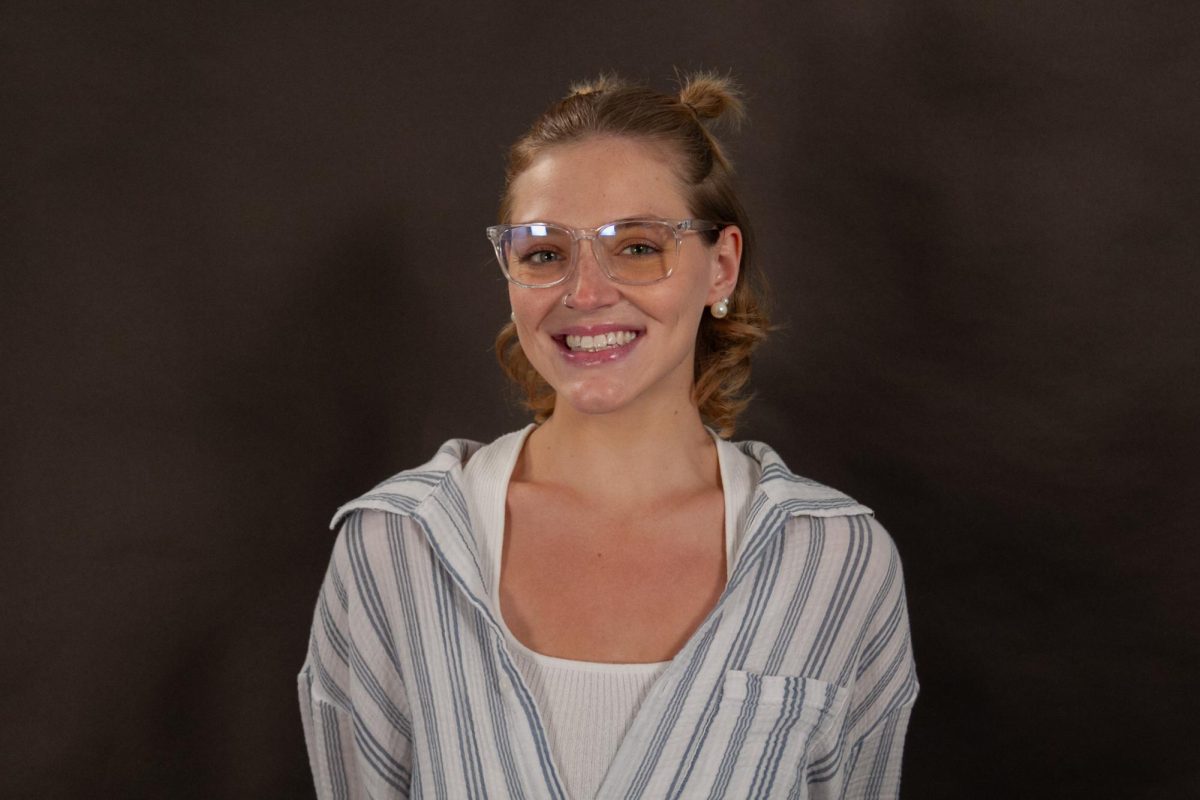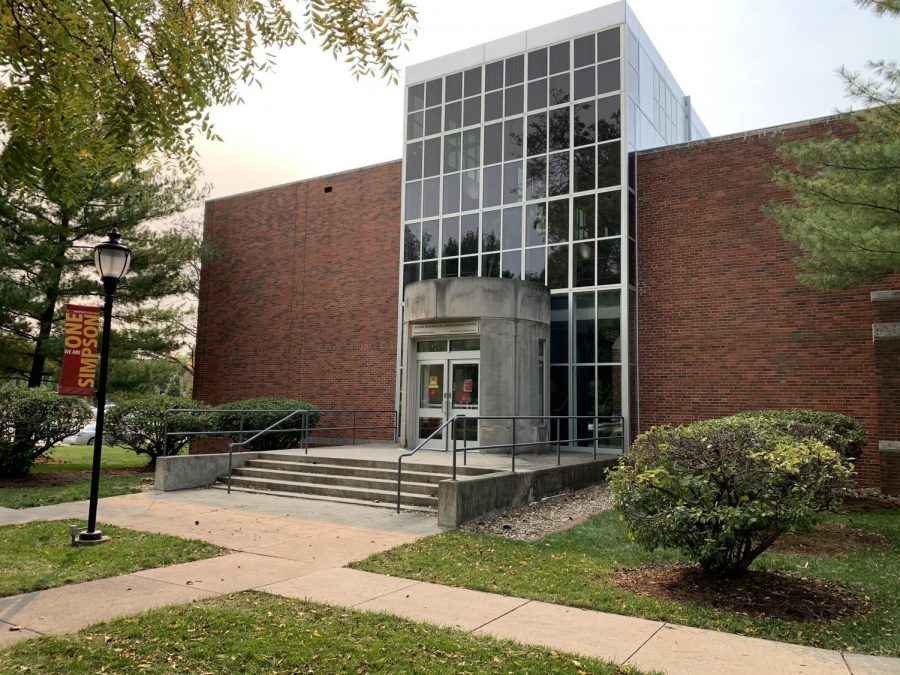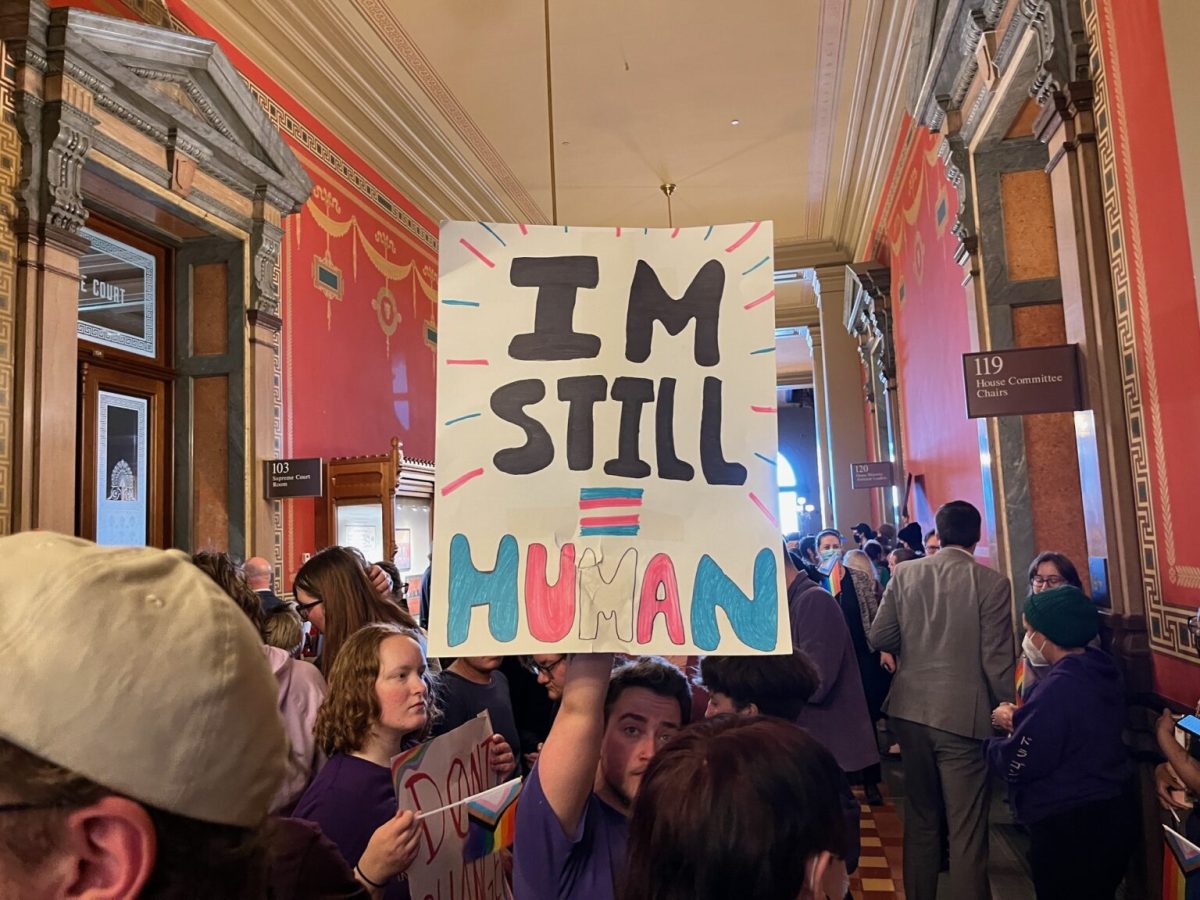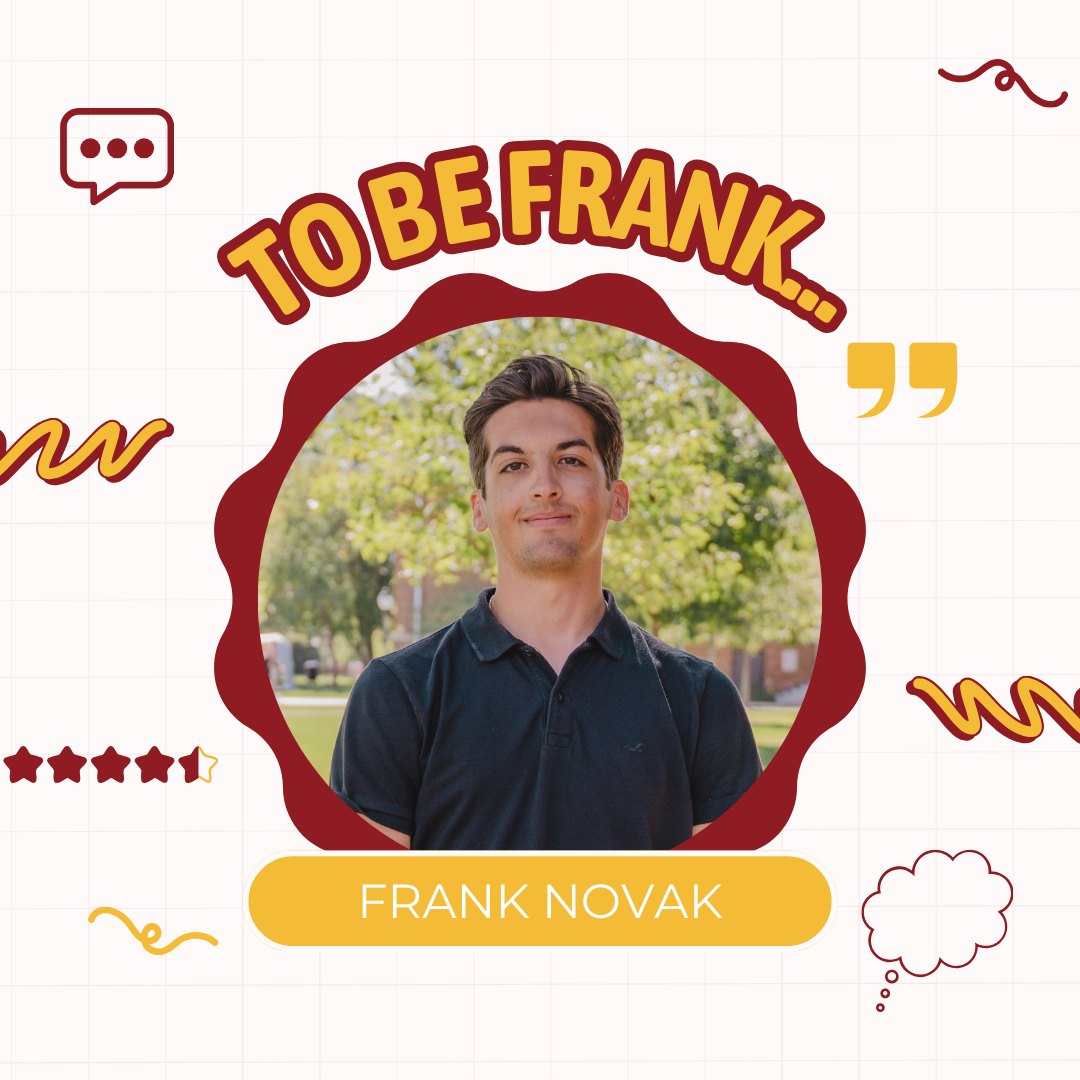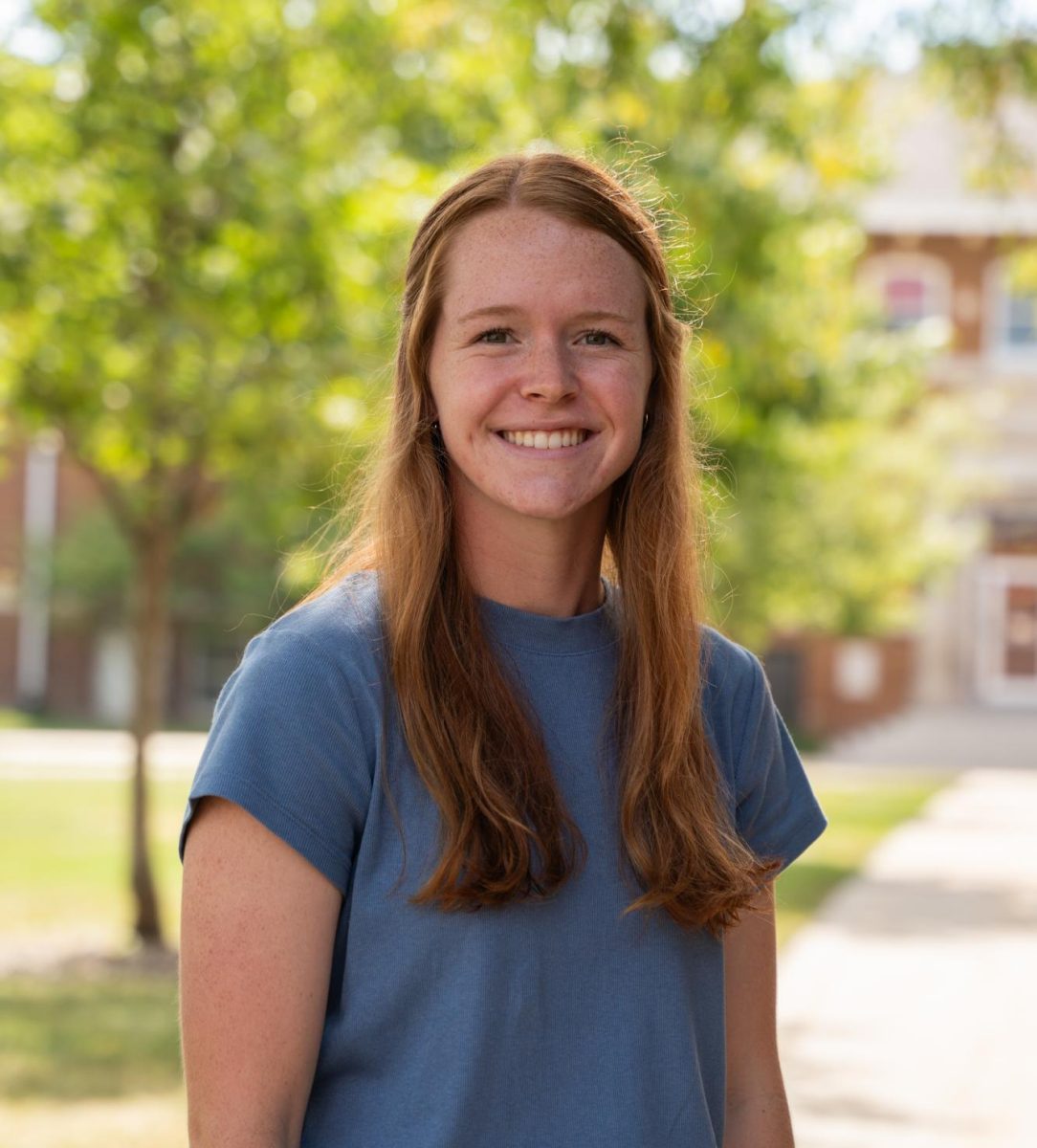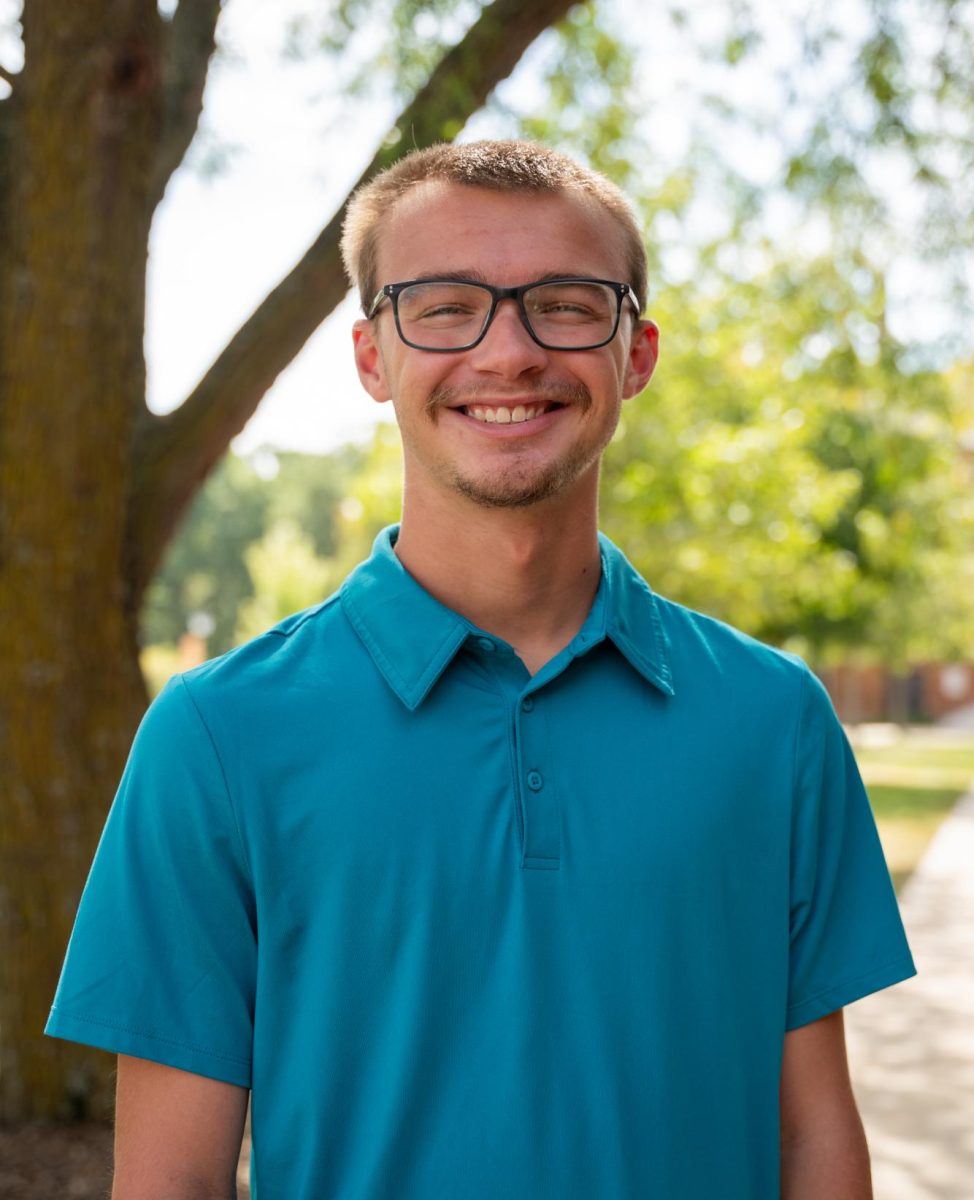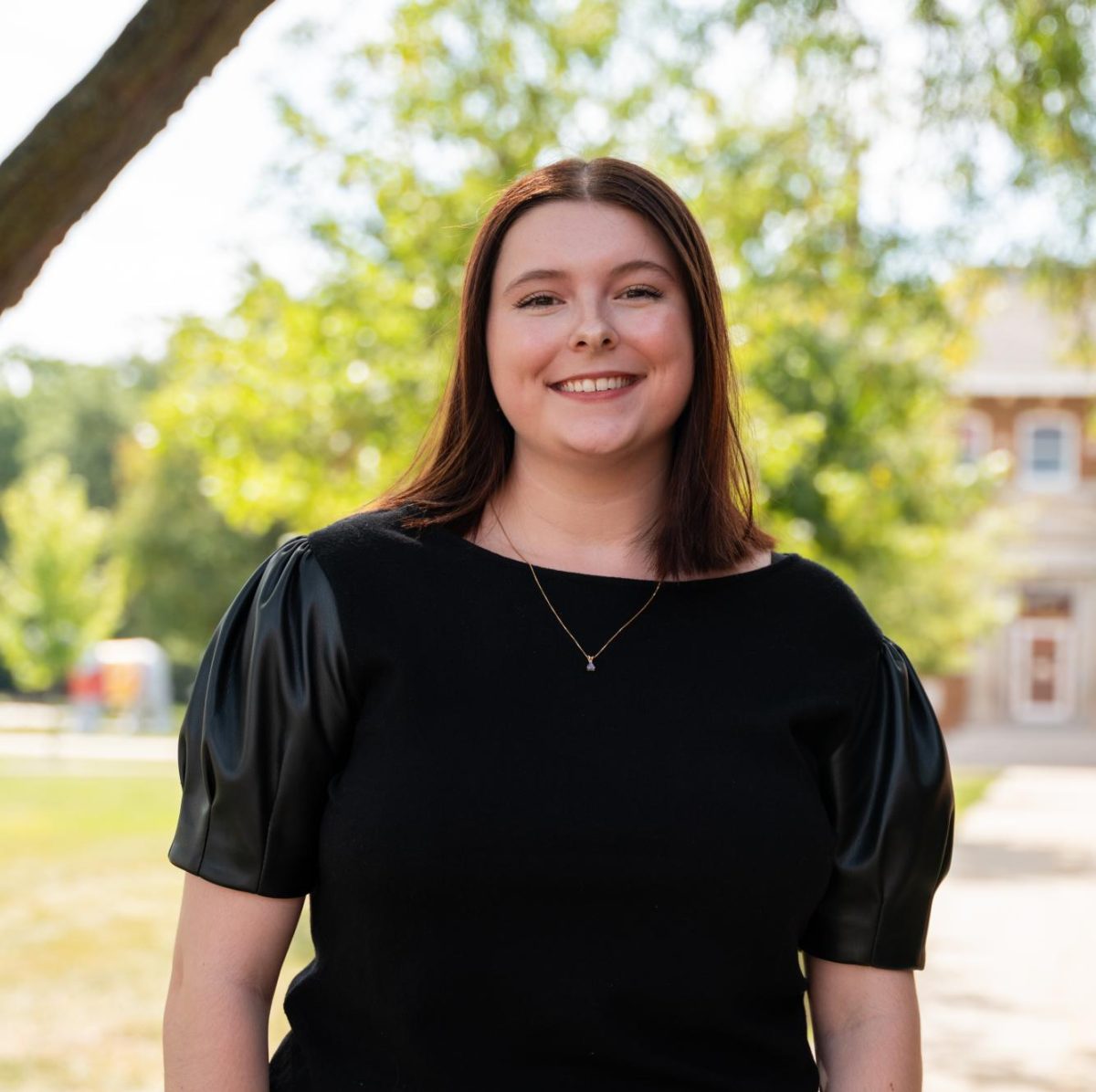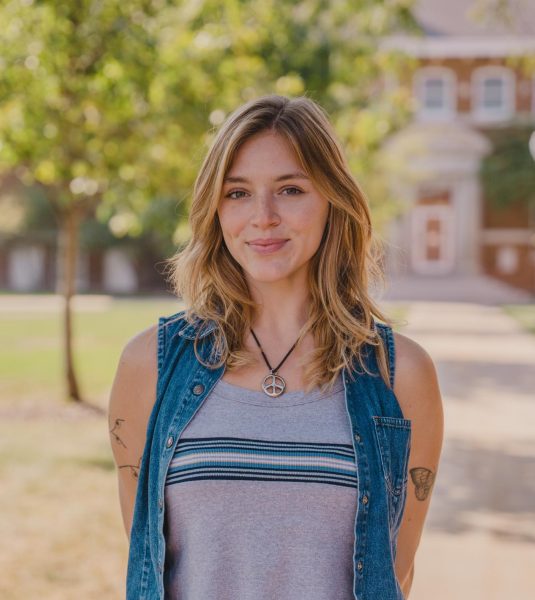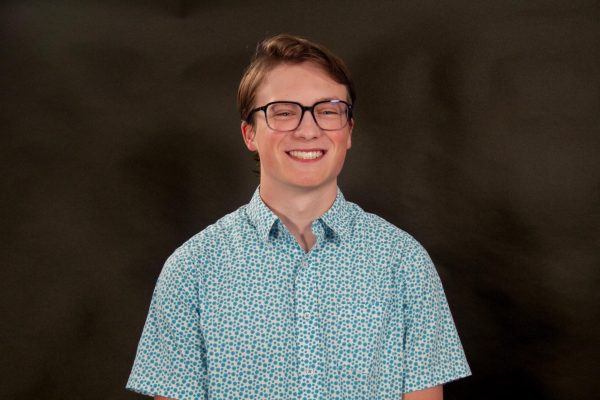My little sister transferred to Simpson this year from an all-girls catholic school in Omaha, Nebraska. She was excited about the change and was ready to embrace all the new experiences that come with being on a more diverse, liberal campus. However, she came to me a few weeks ago to discuss a class she was taking on the LGBTQ+ community.
Her concern, which is one I know many students on campus have, is that her class is being taught by a heterosexual, cis-gender individual. This isn’t to say they are automatically unqualified to teach the course, but if we offer courses on a community whose voices are already largely dismissed from society, shouldn’t we try to elevate them through representation and first-hand experience?
Although it may seem difficult to ensure that every class, such as this one, is represented by a member of the community, it is not impossible. There are LGBTQ+ individuals who go to this school and live in the Indianola community, all of whom may be more than willing to speak with classes and offer their experiences. It’s not hard to diversify a campus—diversity is all around us—we just have to make it a priority.
According to a Gallup poll from 2022, nearly 1-in-6 Gen Z adults (roughly born between 1990 and 2012) identify as members of the LGBTQ community. It is more likely than not someone you know is a member of the community.
You may not think representation is important, but perhaps this is because you are someone who always had it.
Think of all the moments in school where your teachers or professors talked about their family life: Did they speak of a heteronormative relationship? Did they show pictures of their kids? To your knowledge, were these educators cisgender?
It is very likely you were exposed to a lifestyle that aligned with the future you wanted.
How often do you walk into a classroom where you are in the minority? Would you care about representation, then?
I think allyship is essential in the fight against “the isms.” But, when it comes to teaching a course specifically about a marginalized group, there are going to be individuals who are more qualified than others.
It’s not personal to accept someone else may have more knowledge to teach a course on LGBTQ+ or transgender history, Black history, Native American history or whatever it may be.
I’m no expert on statistics, but I do not believe heterosexual, cisgender white people are the only ones who become teachers and professors.
Take a few moments to look at the Simpson staff and faculty page. What groups are represented? Is there representation for all students?
I don’t say this to make people feel ashamed of who they are, but it is worth it to take a moment to wonder why our society is specifically divided into different groups of people. It is worth it to ask yourself why certain groups of people are constantly in the fight for more and better representation.



